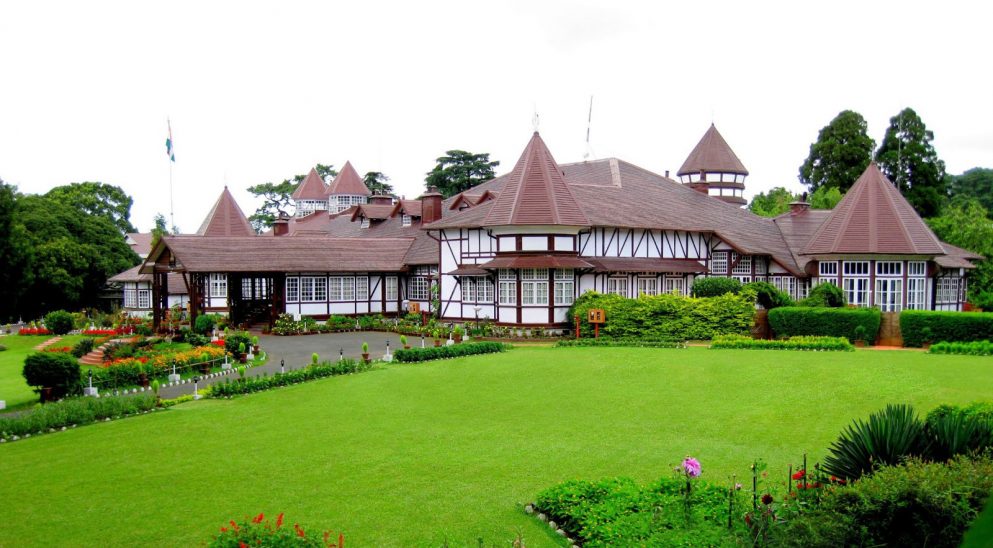With hardly a fortnight left for the election in the Northeastern state of Meghalaya, it is getting its own hoard (read herd) of candidates building bridges of promises. They all aim to make the condition and lifestyle better by voicing it in the assembly.
Ground reality of Meghalaya
While this seems to be the mindset there is contradictory visibility on the ground. The rate of discussing people’s problems and making up laws to address them doesn’t fit a rate and time that’s apt. The eighth Meghalaya Assembly in its five-year term met for just 96 days, averaging to 19 days a year. This surfaced after a report by Delhi-based Association for Democratic Reforms (ADR) shows.
Angela Rangad, the head of Shillong-based civil rights body, Thma U Rangli Juki, said,
“Assembly sessions are nothing but a six-monthly theatre.”
Meghalaya is heading for elections for the 60-member House on February 27.
A record total of 51 bills were introduced and passed while the number of sessions between 2013 and 2017 was just 12. The last session of the assembly, sworn in on March 7, 2013, was in December 2017.
A report by the group pushing for poll reforms says, “The legislative assembly has been meeting for a very short time despite legislation being the main task of MLAs. On an average, Meghalaya state assembly sat for 19 days per year.”
The length of the shortest session was a day and the longest was 15 days each, namely the second and eleventh sessions. Not only this, the attendance also has been unimpressive. On an average, each of the 60 MLAs was in the House for a just 53 days.
The exceptional lot
The only exceptions were independent MLAs Hopeful Bamon and Justine Dkhar and Meghalaya’s richest legislator Ngaitlang Dhar. Bamon attended the proceedings on 88 days; the other two were one short.
Earlier associated with Congress, Dhar changed sides to join the National People’s Party in January. The candidate in the race from Umroi has assets worth more than Rs 290 crores.
Interestingly, Donkupar Roy (from the United Democratic Party) from Shella constituency asked the maximum number of questions. He asked 173, i.e. 17% of total questions asked in the 12 sessions of the assembly.”

